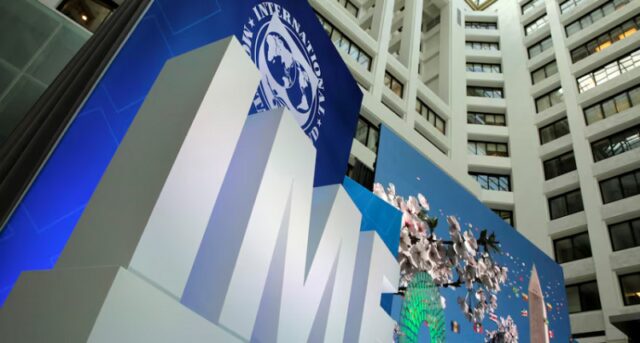Cash-strapped Pakistan is exploring a five-year extension on its $15.5 billion debt tied to Chinese energy projects. This move comes amidst ongoing discussions with the International Monetary Fund (IMF) for a fresh loan. Let’s delve deeper into the potential implications for consumers, the complexities of negotiation, and how this strategy intersects with the IMF’s demands.
Benefits for Consumers:
- Reduced Energy Tariffs: The proposed extension aims to decrease consumer electricity bills by Rs 1.10 from 2024 to 2029 and Rs 0.90 from 2030 to 2040. This translates to an average reduction of Rs 0.18 per kWh over a 16-year period, offering some financial relief to Pakistani households and businesses.
- Spreading the Debt Burden: Currently, the repayment structure prioritizes debt settlements in the initial project years, putting a heavier strain on consumers. Extending the tenure would distribute this burden over a longer timeframe, potentially easing the immediate financial pressure.
Challenges and Negotiations:
- Securing Approval: The extension hinges on the go-ahead from both the Chinese government and the Independent Power Producers (IPPs) operating in Pakistan. This necessitates complex negotiations at a government-to-government (G2G) level and potentially lengthy discussions with individual IPPs.
- Increased Costs: While the extension promises short-term relief for consumers, it may also lead to higher overall debt. Official estimates suggest a potential increase in the total debt liability from $15.36 billion to $16.61 billion over five years, and additional financing costs of $1.257 billion after negotiations.
The China-Pakistan Economic Corridor (CPEC) Factor:
This debt extension proposal is directly linked to the China-Pakistan Economic Corridor (CPEC) initiative. Launched a decade ago, CPEC is a multi-billion dollar infrastructure and development project heavily invested in by China. Pakistan currently houses 21 IPP projects under CPEC, encompassing coal, hydel, wind power, and a transmission line, all financed by China.
Intertwined with IMF Talks:
The IMF has emphasized the need for Pakistan to disclose its liabilities for pensions, state-owned enterprises (SOEs), and subsidies over the next five years. This transparency is crucial for the IMF to accurately assess Pakistan’s total financial obligations. Pakistan’s debt situation is a significant factor in the ongoing loan negotiations with the IMF.
Conclusion:
Pakistan’s proposed debt extension on Chinese energy projects presents a trade-off. While it offers short-term benefits for consumers through reduced energy tariffs, it comes with the potential for increased long-term debt and higher financing costs. Securing approval from China and navigating complex negotiations will be critical for the success of this strategy.





